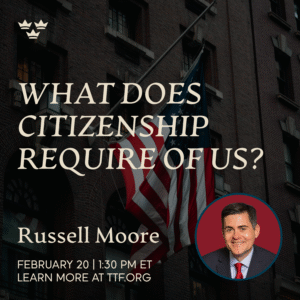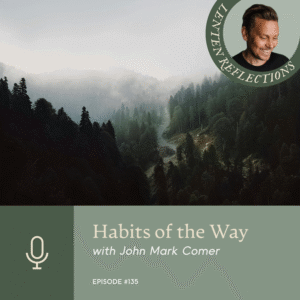In his 12,000 word interview with Antonio Spadaro, editor in chief of La Civiltà Cattolica, the Italian Jesuit journal, Pope Francis revealed the heart of an extraordinary man.
The former archbishop of Buenos Aires, Jorge Bergoglio, did not change Catholic Church doctrine. But six months into his papacy, through his words and his actions, he has changed its emphasis and tone.
Richard B. Hays, a widely respected scholar on New Testament ethics, has written that any ethic that intends to be biblical must seek “to get the accents in the right place.” And that is, I think, what Francis is attempting to do. It isn’t that he believes the church’s position on homosexuality and abortion are wrong. “The teaching of the church … is clear and I am a son of the church,” he said. But in his words, “it is not necessary to talk about these issues all the time. The dogmatic and moral teachings of the church are not all equivalent. The church’s pastoral ministry cannot be obsessed with the transmission of a disjointed multitude of doctrines to be imposed insistently.”
“We have to find a new balance,” Francis went on to say, “otherwise even the moral edifice of the church is likely to fall like a house of cards, losing the freshness and fragrance of the Gospel.”
Francis is on to something quite important. A friend of mine once told me he doesn’t want to equivocate about truth. But he does believe it’s far too easy for us to think that we “know” the mind of God, even though we all see through a glass darkly. He also worries, as do I, that in the name of “truth” we sometimes create an exclusionist religious culture where moral rules are elevated above grace.
In describing his vision of the church, Francis speaks about it as “a field hospital after battle.”
“It is useless to ask a seriously injured person if he has high cholesterol and about the level of his blood sugars. You have to heal his wounds. Then we can talk about everything else.”
“This church with which we should be thinking is the home of all, not a small chapel that can hold only a small group of selected people,” according to Pope Francis. “The church sometimes has locked itself up in small things, in small-minded rules,” he added. And he spoke about the church as “the people of God on the journey through history, with joys and sorrows.”
The thing the church needs most today, Jorge Bergoglio said, “is the ability to heal wounds and to warm the hearts of the faithful; it needs nearness, proximity.” The minsters of the Gospel must be people “who walk through the dark night with [others], who know how to dialogue and to descend themselves into their people’s night, into the darkness, but without getting lost.” And then he added this: “The proclamation of the saving love of God comes before moral and religious imperatives.”
As a Christian (but non-Catholic), this strikes me as quite right. The church was created in large part to be a refuge, a source of support and fellowship; a place characterized by love and gentleness, encouragement and accountability. And a place that helps restore integrity and wholeness to our lives. Those who share my faith believe there is liberation to be had and peace to be found in knowing that we are God’s beloved and by living in alignment with His purposes for our lives. But all of us come to Him with brokenness in our lives, and that ought to command from us some degree of humility and empathy–and some aversion to judgmentalism and censoriousness. In a world in which people hold profoundly different views and hold them with some passion–and where moral truths need to be affirmed–it isn’t easy for people of faith to be known more for mercy than condemnation, for words that encourage and uplift rather than wound. But that is what we’re called to be.
For those who believe that framing things this way is a clever but mistaken way of pitting moral rectitude against love–who believe it is equivocating when people of faith should be standing strong and tall in a world of rising licentiousness and immorality–there’s no way to prove who is definitively right or wrong. The devil can quote Scripture for his purposes, Shakespeare wrote. Our life experiences, dispositions, and temperaments draw us to different interpretations and understandings of the true nature of things.
My own perspective is that life is filled with joy and wonder to be sure; but there is also the pain and hardship of living in a fallen world. That people whose lives seem so well put together on the surface are struggling with fears and failures below it. And that often we find ourselves living somewhere else than we thought we’d be. Many of us, then, find ourselves in need of grace and redemption. Which is why the words of this remarkable pope have such resonance with us.
Peter Wehner is a senior fellow at the Ethics and Public Policy Center.

